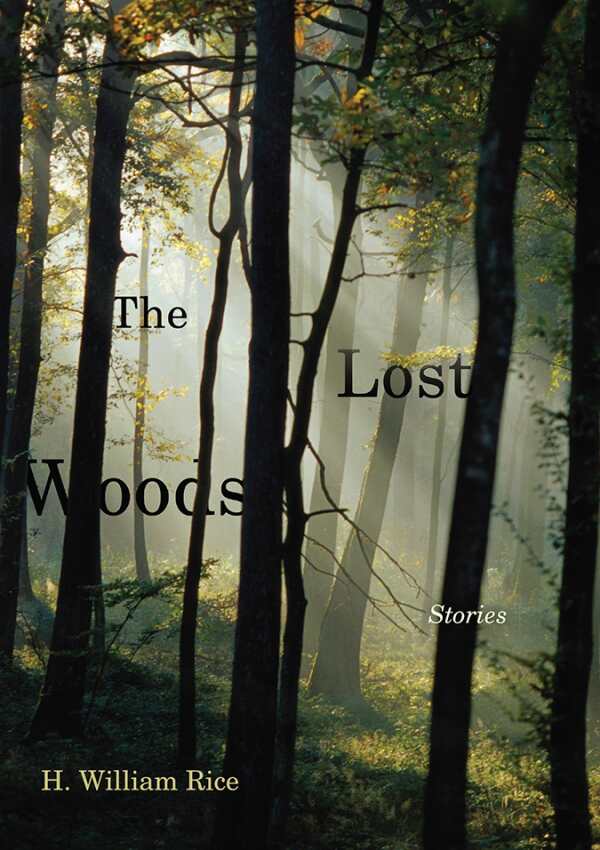The Lost Woods
Rice explores the South, searching out the places from which its people find meaning and sustenance.
In this story collection, The Lost Woods, H. William Rice writes of the land and its gifts from the Cherokee and Creek, oaks and elms and cedars, the rich soil, and the animals that roam its woodlands. The stories follow two families intertwined, the Whites and the Chapmans, tracing their mingled histories from post-World War I to the present day.
The fifteen short pieces can be savored alone, or as a longer chronological narrative. One pole around which they orbit is the death of Jacob and Rachel White in a vehicle accident shortly after World War II. Jacob was the grandson of Henry, a half or perhaps three-quarters Cherokee, who came to the Piedmont of South Carolina as Henry Whitebear. The race issues are approached subtly; in fact, in the second story, a wealthy African American man buys land for a hunting plantation, and the South Carolina locals are shocked but mostly wary of how he’ll train his dogs.
Despite this shadowy allusion to the South’s darker history, Rice’s thematic universe is humankind’s relationship to the land and the animals on it, and the primeval need to hunt and kill them for sustenance. Rice finds it spiritual, and that tone echoes in the beautiful opening story, “The Deer Hunt”: a family depends on venison; grandfather and grandson sit in silence in the woods; a deer is killed; “a prayer of thanks to God and to the spirit of the deer” is offered; and the offal is left for scavengers. Rice knows that nourishment can be emotional as well as corporeal. He shows that the land is the primal link between humans and places like a lost hollow at the edge of the Appalachians, where “there was no undergrowth, just the giant, ancient trees, and at the bottom you could see a slow-moving creek, full from winter rains.”
The deep woods of South Carolina’s Piedmont are geographically Faulkneresque, but Rice’s characters are not like Snopes. He also avoids many of Faulkner’s dark, macabre themes. For comparison, think Hemingway’s Nick Adams stories, or perhaps Norman Maclean’s A River Runs through It.
Every story seems an elegy for an elemental truth, some lost, some eternal, that cannot be denied. Readers of Southern fiction should snap it up.
Reviewed by
Gary Presley
Disclosure: This article is not an endorsement, but a review. The publisher of this book provided free copies of the book to have their book reviewed by a professional reviewer. No fee was paid by the publisher for this review. Foreword Reviews only recommends books that we love. Foreword Magazine, Inc. is disclosing this in accordance with the Federal Trade Commission’s 16 CFR, Part 255.

